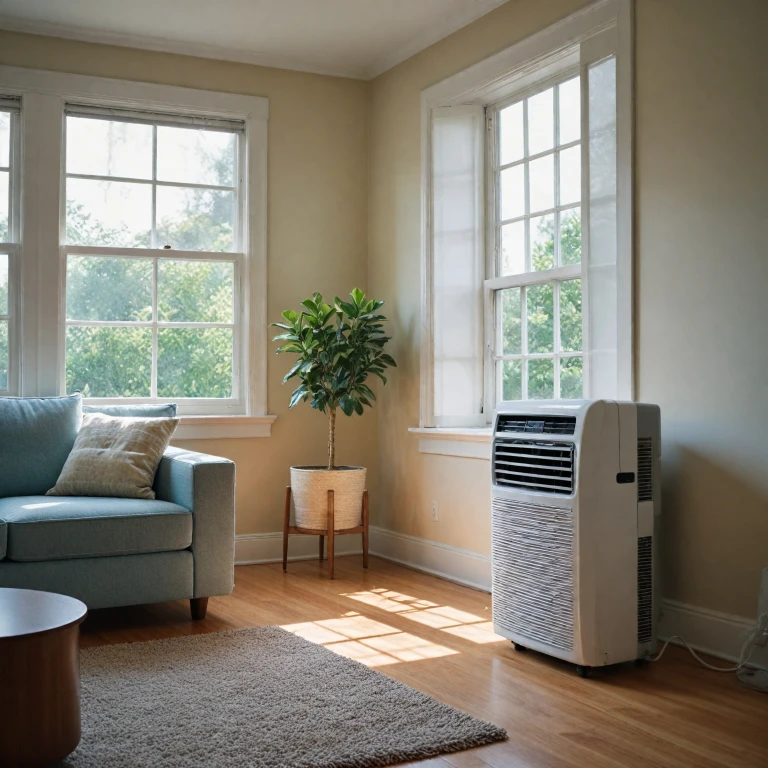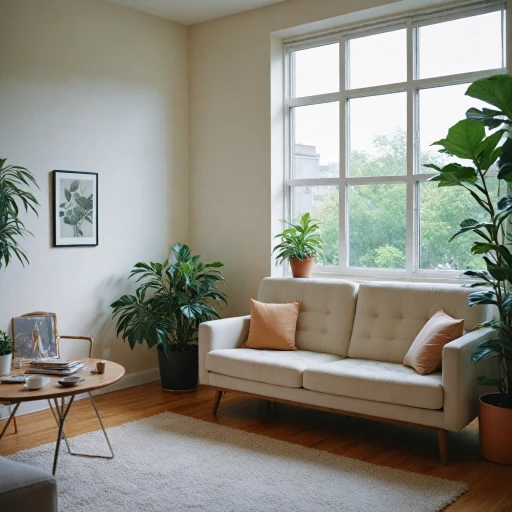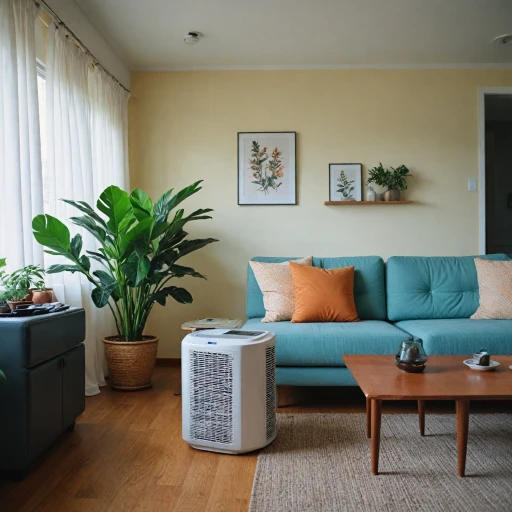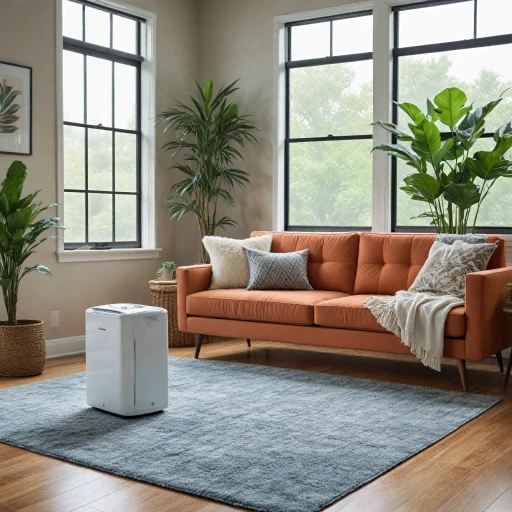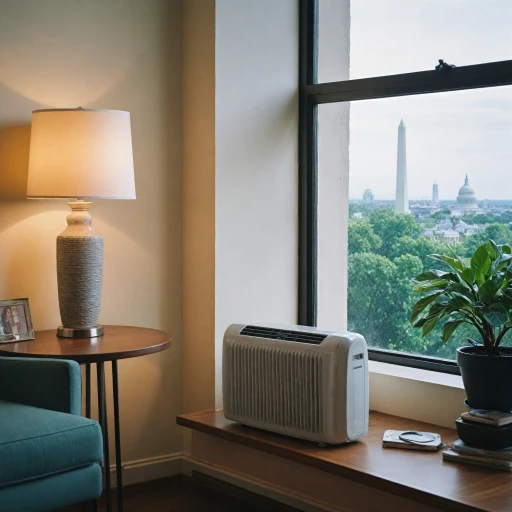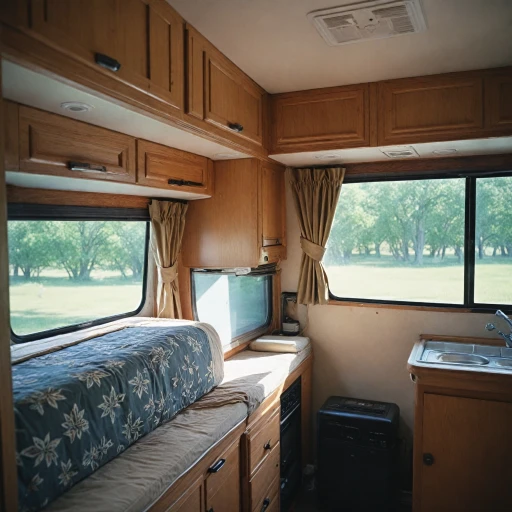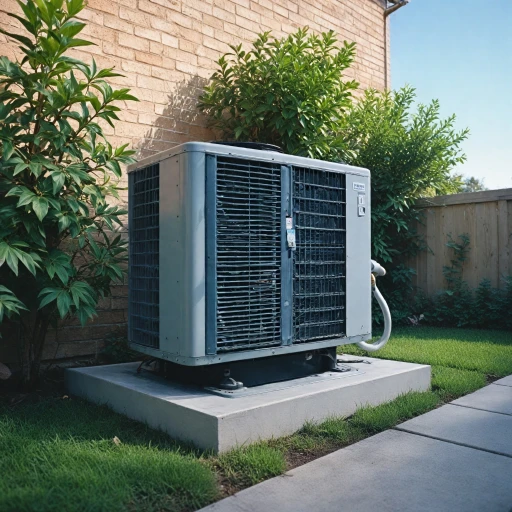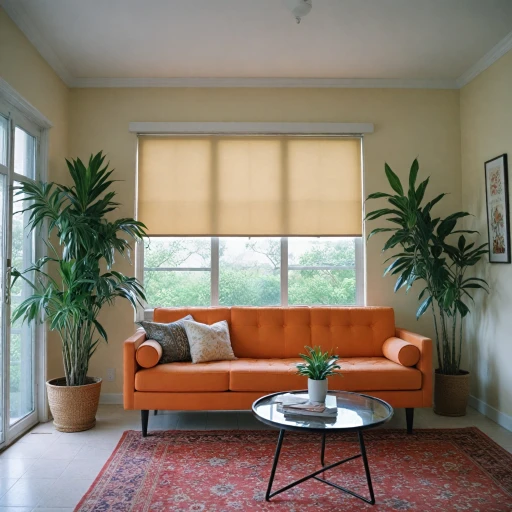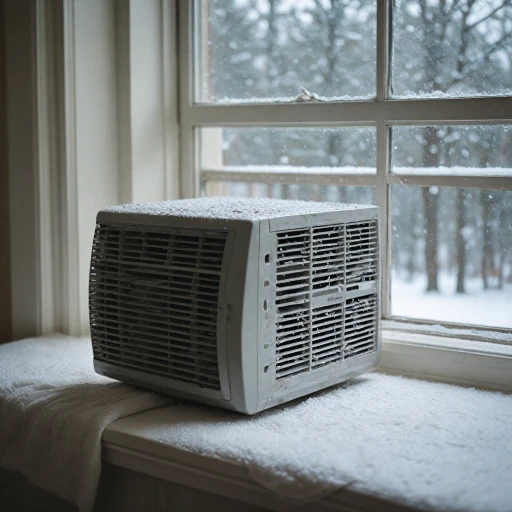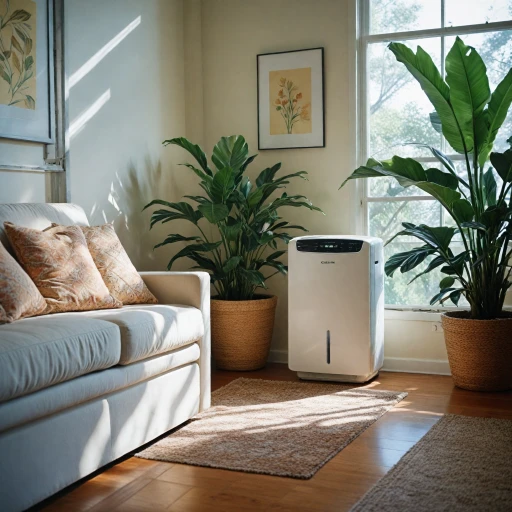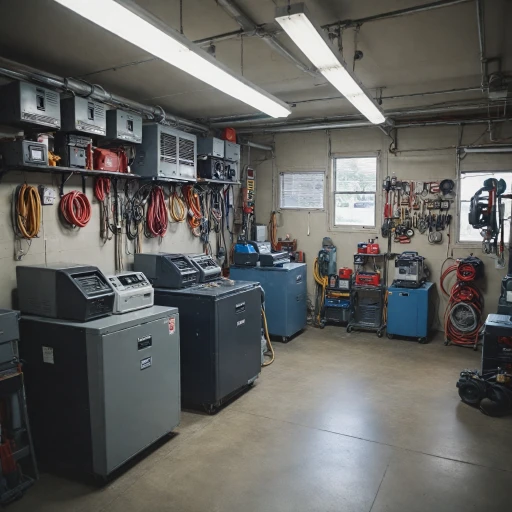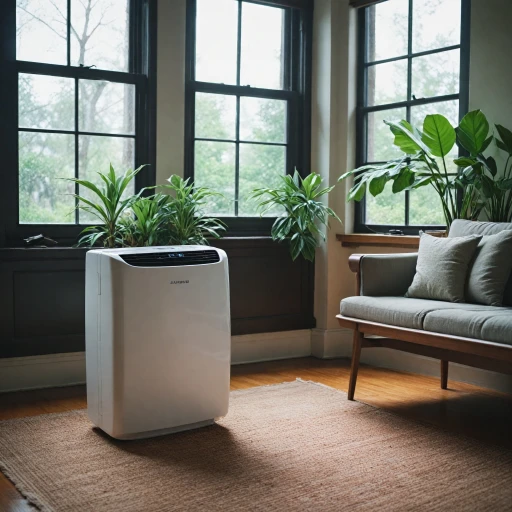
Understanding the Basics of Portable AC Units
Getting Acquainted with Portable Air Conditioners
Portable air conditioners have increasingly become a go-to choice for those in need of effective cooling solutions without the constraints of a fixed, central air conditioning system. These mobile units offer the flexibility and convenience of being easily transferrable, allowing users to cool different rooms as needed. This is particularly useful in scenarios where a permanent air conditioning installation isn't feasible, or when one seeks a quick and temporary cooling fix. These systems work by drawing in the warm air from the room, cooling it with a refrigerant system, and then expelling it back out. When shopping for a portable air conditioner, users will encounter various units with different BTU (British Thermal Unit) ratings. Understanding BTU is crucial as it measures the cooling capacity of the unit. The higher the BTU, the larger the room that can be effectively cooled. This makes considering the size of the room essential when selecting a unit. Portable air conditioners are often praised for their ease of use and installation. Unlike window air conditioners that require dedicated installation in a window frame, portable ACs only need a nearby electrical outlet and a window for the exhaust vent. However, their mobility comes at the cost of potentially higher noise levels compared to fixed systems, an aspect that might affect user comfort, especially in smaller spaces. Energy efficiency is another factor to weigh. While central air and mini split systems are generally more energy-efficient for entire home cooling, portable units can be an economical choice for cooling specific areas as needed, making them a great complement to existing air conditioning solutions during particularly hot days or in spaces not regularly used. To explore further, see this guide on choosing the right AC unit for your garage for more targeted recommendations. In addition to cooling efficiency, some portable air conditioners come with air purifying features, doubling as air enhancers in dusty or polluted environments. As we explore the specifics of window units and other options, these elements will provide a foundation to assess and compare their suitability for your space and lifestyle needs.Window AC Units: Features and Benefits
Benefits of Window AC Units
Window air conditioners have been a staple in homes and apartments for decades, offering a host of reliable benefits. These units are particularly efficient in cooling single rooms and can effectively maintain a comfortable temperature with relatively low energy consumption. A crucial feature of window AC units is their fixed installation into a window or specifically designed wall hole, which ensures a secure fit and optimizes cooling efficiency.Features that Stand Out
One standout aspect of window units is their powerful cooling capacity, usually measured in British Thermal Units (BTU). It's important to understand how BTU ratings influence a unit's ability to cool a room effectively. Generally, a higher BTU rating means more power to cool larger spaces, making window units an excellent choice for those needing strong, consistent cooling. You might find that a window air conditioner can serve as a cost-effective alternative to central air systems, especially if your space needs concentrated air conditioning in specific areas.Comparative Considerations
Compared to split system or portable air units, window units occupy a middle ground in terms of cooling power and installation convenience. While they may not offer the same mobility as portable air conditioners, they compensate with robustness and consistent air distribution. Unlike portable units, which can be moved from room to room, a window unit remains fixed, yet it efficiently serves its designated area without requiring extensive renovations or alterations.Additional Considerations for Window Units
Regular maintenance is vital for window air conditioners to ensure longevity and performance. It's beneficial to learn about maintaining components like filters and verifying that all parts are functioning correctly. For more in-depth understanding, one can look into understanding the components of an outdoor AC unit to grasp how each part contributes to the system's operation. This insight might also prove handy when deciding between window units and other air conditioning options.Installation and Setup: Portable vs. Window AC
Setting Up Made Easy: A Comparative Perspective
When it comes to installing an air conditioning unit, both portable and window options have their own unique requirements. Understanding these will help you decide which is the right fit for your lifestyle and home.
Portable Air Conditioners: These units offer a hassle-free setup process. Typically, they require just a few simple steps to get them up and running. Unlike window air units, portable ACs do not need permanent fixture, making them ideal for renters or those who frequently move. Simply attach the exhaust hose to the included window kit, plug in the unit, and you are ready to enjoy a cool room. The convenience factor here is strong, as portable air conditioners allow for flexible location changes within your home, provided there is a window close by for the exhaust.
Window Air Conditioning Units: The installation of window units generally requires a bit more effort. These systems fit directly into a window and often include support brackets and additional insulation to seal any gaps, which prevents any cool air from escaping. One of the significant benefits is that they do not take up floor space, unlike their portable counterparts. For homeowners with the necessary space in a suitable window, this could be a more subtle presence.
For those interested in knowing more about the advantage of having a window air unit, especially in terms of seasonal protection and longevity, consider visiting our dedicated guide on protecting your window air conditioner during winter.
Energy Efficiency and Cost Considerations
Evaluating Energy Efficiency
When considering air conditioning options, energy efficiency is a crucial factor that impacts both environmental sustainability and your electricity bill. Portable air conditioners and window units vary significantly in their energy consumption, and understanding these differences can help you make an informed decision.
Energy Consumption of Portable Units
Portable air conditioners are generally less energy efficient compared to window units. This is partly because portable units often require more energy to cool the same space due to their design. The cooling capacity, measured in BTUs (British Thermal Units), plays a significant role in determining how much energy a unit will consume. A higher BTU rating means the unit can cool a larger room, but it also typically requires more power, measured in watts.
Window Units and Energy Efficiency
Window air conditioners tend to be more energy efficient than their portable counterparts. This is because they are designed to fit snugly into a window, reducing the amount of warm air that can seep into the room. Many window units come with energy-saving features such as programmable timers and energy-saving modes, which can further enhance their efficiency.
Comparing Costs
While portable units might have a lower upfront cost, their higher energy consumption can lead to increased electricity bills over time. On the other hand, window units, with their better energy efficiency, might offer savings in the long run despite a potentially higher initial investment.
Considering Alternative Systems
For those looking for the best energy efficiency, exploring other cooling systems like mini split systems or central air conditioning might be worthwhile. These systems, although more expensive, offer superior energy efficiency and cooling capacity, making them ideal for larger spaces or whole-house cooling.
Mobility and Space Requirements
Mobility and Influence on Room Space
When choosing between portable and window air conditioning units, mobility and the influence on room space often weigh heavily in the decision-making process. Portable AC units offer unparalleled flexibility. Their mobility allows you to move them between rooms, making them a great option for cooling specific areas as needed. If you reside in a rental property or frequently rearrange your home layout, a portable unit may be ideal. However, it's crucial to note that portable units occupy floor space in the room. This may not be suitable for smaller areas where space is already at a premium. In contrast, window air conditioners are usually fixed in place once installed, though they don't require floor space in the room. This can be beneficial if you're dealing with limited room space. Window units can provide a more centralized cooling effect in one specific room, making them efficient for rooms you use regularly. However, their placement in a window may affect the natural light coming into the room. Consider also the weight and size of each type. Portable air conditioners generally come with wheels for easy movement but can still be somewhat bulky. Window units are often lighter but require lifting and securing during installation, which can be a challenge depending on the window’s height and accessibility. Each system, whether a portable air conditioner or a window unit, will come with its own set of requirements regarding space and mobility, so consider how these aspects align with your own needs.Noise Levels and Maintenance Needs
Evaluating Noise Levels and Maintenance Requirements
When choosing between portable air conditioners and window units, understanding the noise levels and maintenance needs can significantly impact your decision. To ensure optimal performance and comfort, here’s what you need to know:- Noise Levels: The location and design of air conditioners directly affect the noise they produce. Portable units generally tend to be quieter than window units because they can be easily moved to a location away from your bedroom or living area, reducing disruption. However, both types have advanced over the years to offer quieter cooling solutions, with many modern models incorporating noise reduction technology.
- Maintenance Needs: Both portable and window air conditioning systems require regular maintenance to function efficiently. Portable ACs generally need more frequent attention to clean the filters and drain accumulated moisture. Window units, on the other hand, may require seasonal cleaning and protection against outside elements, particularly during winter, to maintain their efficiency and lifespan.
- Ease of Maintenance: Portable air conditioners tend to be easier to maintain due to their accessibility and mobility. Their design allows users to perform regular upkeep without much hassle. Window ACs, while efficient, can sometimes require more effort to clean effectively and may need professional assistance for thorough servicing.

